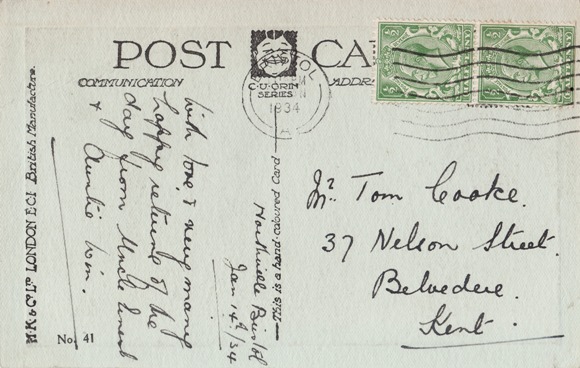Working to promote vegan businesses since 1978. Henry S. Salt Archive - researcher & fundraiser. The Humanitarian League - researcher & fundraiser. The Ernest Bell Library - archive manager. Collecting & republishing historical material of vegetarianism and other humanitarian movements. Running the 'Hum-an-imal Badge Co.'.

1 Comment
VeganBeader (8 comments)
April 4, 2015 at 9:27 pm“We fully admit that they are in advance of their fellows. We regard them as pioneers, who are now anticipating a future phase of our movement.” – Henry S. Salt talking about vegans, in the 1890s. My regard for Henry S. Salt could not be greater. His books, booklets, articles, essays, letters & poems are an absolute delight to read.